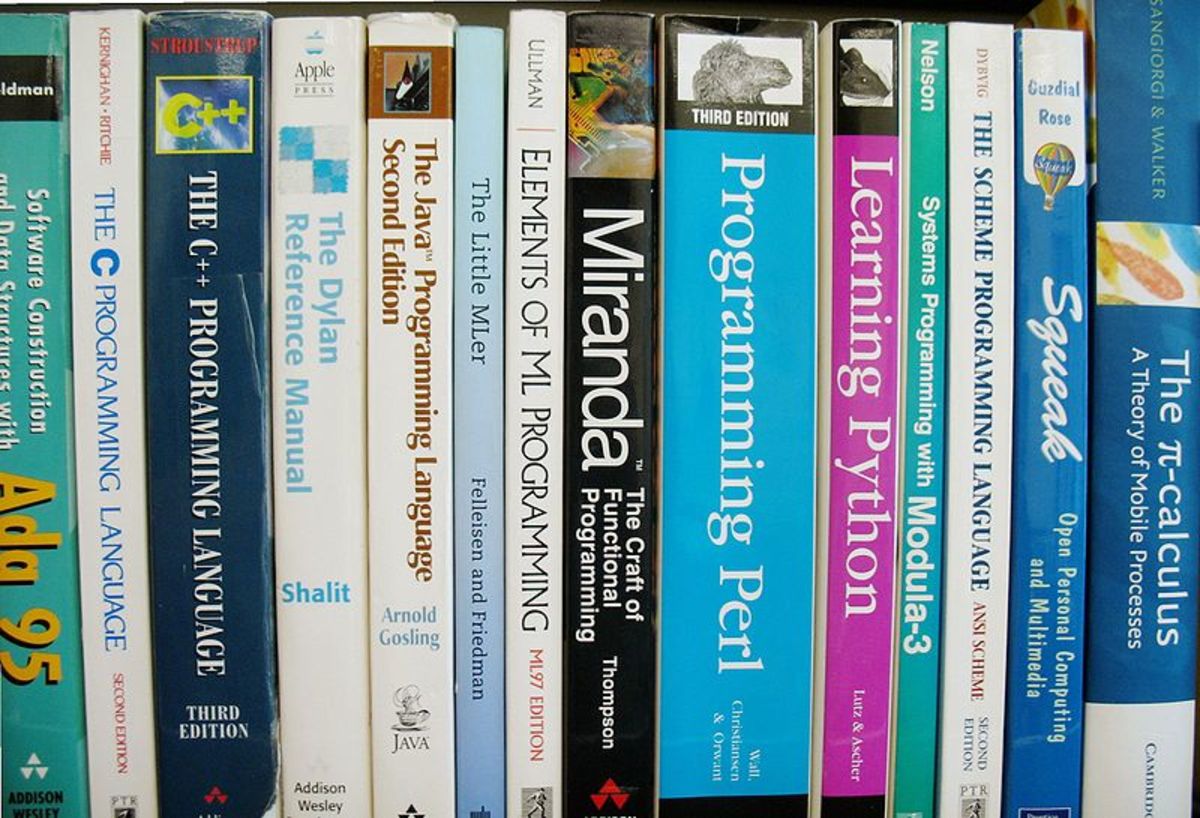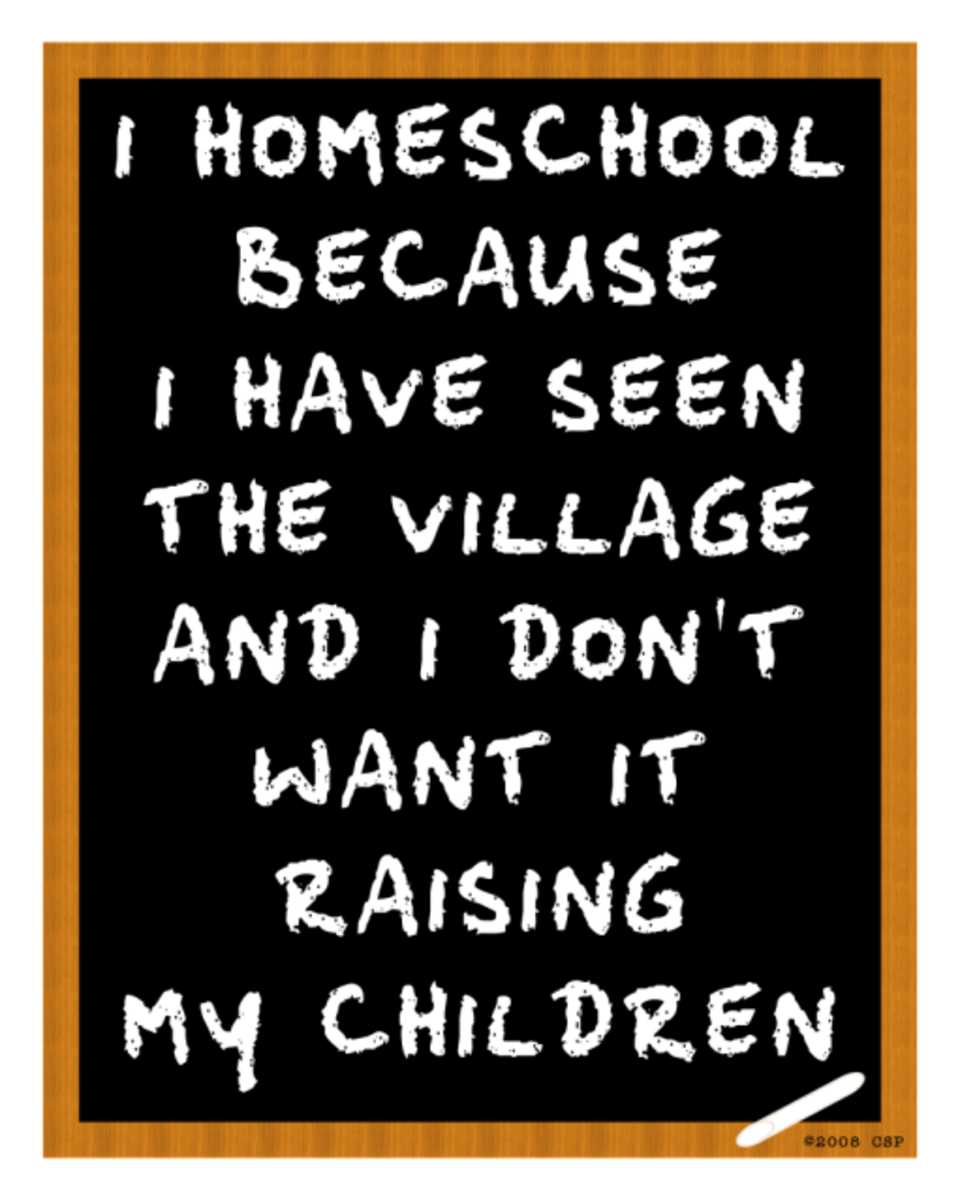Is Home School the Right Choice for Your Family?

Look Before You Leap: Top Five Questions to Answer
1. Do I believe home schooling is the best way to meet my children's academic needs?
As a parent, you know your own child. You also know your own strengths and weaknesses. If you are confident you can follow a teacher's guide and teach your child the subjects you deem important for the upcoming academic year, then home schooling is an option to consider. If your students are teens, determine if you can handle subjects such as trigonometry, biology, and advanced English—or if you can make arrangements for private tutoring or online classes.
2. Will I have the confidence and persistence to teach even when it is difficult and to defend my school in the face of opposition?
Home schooling allows great flexibility, but you are still responsible for making sure your child is learning. You must commit to finding the right resources if your child has problems with a subject or has general learning disabilities. Documenting learning is especially important in more controlling states that require annual portfolio reviews or other fascist controls.
Laws vary by state with some allowing home schools almost complete freedom and some just barely tolerating them after decades of judicial challenges. If you live in an intolerant state, you may need to enlist professional help if your child has learning disabilities or differences. Some states have harassed home schools about student achievement even if a child had been doing poorly in a government-controlled school before being home schooled.
3. Are there friends, family, or support groups to encourage us in home schooling?
Home school families tend to be more self-sufficient and independent in philosophy than typical families. This does not mean you should be a "Lone Ranger." Support groups such as HSLDA are important, especially if you live in a relatively hostile state or have custody issues with children in your home/school. Local groups that meet in libraries or churches can be great for field trips, holiday parties or just general fellowship. If your extended family is hostile to your school choice, you will need a sympathetic shoulder on occasion as well.
4. Can I handle the workload of home schooling?
If you have multiple preschoolers in the house, a spouse who works at home, ailing parents who need assistance, or a baby on the way, consider how those factors may impact your school decision. I know a family that found homeschooling to be a blessing when a great-grandmother was terminally ill. The children were older and were able to appreciate the time they got to spend with their loved one. They learned from their mother/teacher's example: the dignity of human life, compassion for the hurting, appreciation for the stories our elders can tell. If the children had been much younger, however, a different school option might have been needed. Be realistic about your stamina and your time commitments.
5. Is home schooling the best way to meet my children's non-academic needs?
Home schooling can give great peace of mind to parents and children if a child has a serious medical condition that may be dangerous or disruptive in an institutional school setting. Children with special social needs may also benefit from a home setting rather than an age-graded environment. At home a child can have immediate access to an asthma inhaler or insulin instead of having to go to an office and wait for a school nurse. At home, gifted children can have extra time for piano practice, do fifth grade math, and read Tolkien even if their handwriting skills and social skills are still at a second grade level. Children who need extra help can get it at home without the stigma of being labeled and set apart publicly--or being pressured to take drugs just to sit through each school day.








